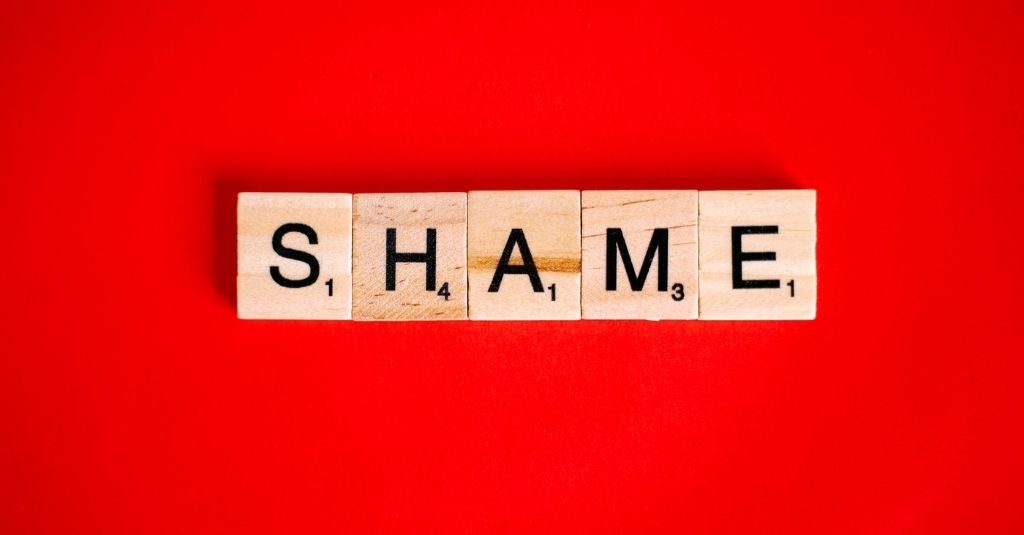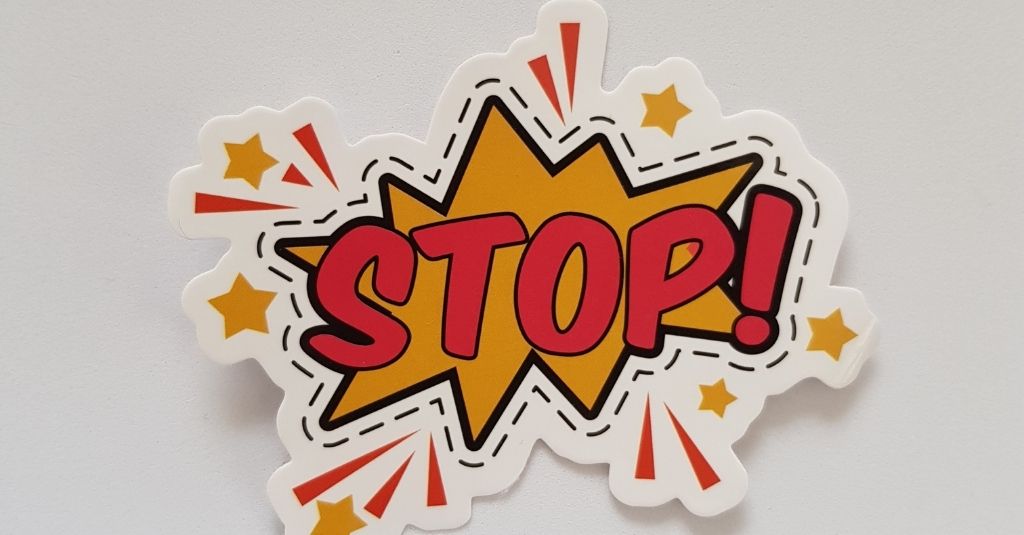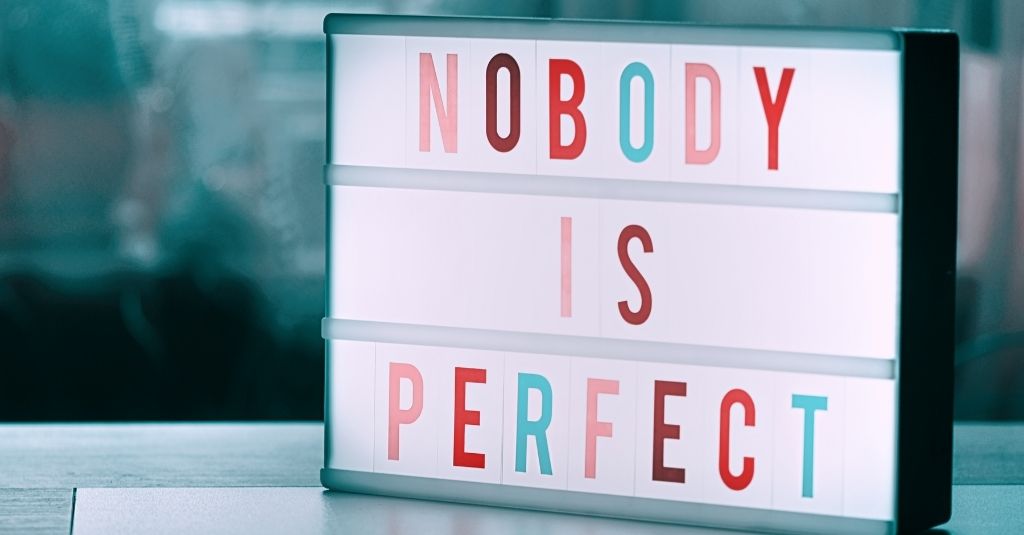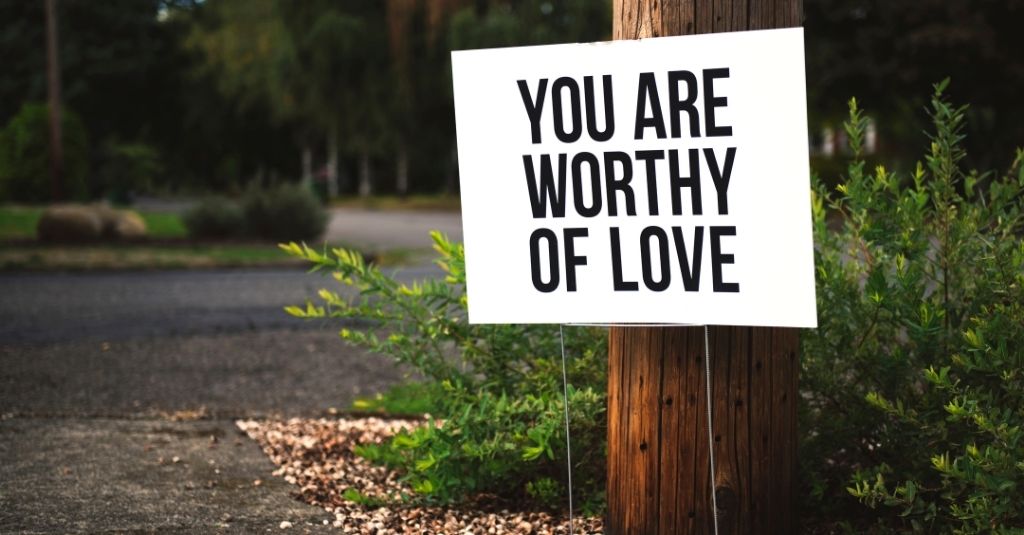Shame and the power of you.
Our feelings (and remember feelings do not have to make sense but we still have feelings) have tremendous power over our emotional and physical well-being. It’s important to be aware of how we express ourselves not only inner dialogue but also in others. Quite often we use words as a form of manipulation to get people to do what we want them to do. Shame is a destructive powerful tool.
What is the definition of shame and what purpose does it have?
According to the article in Psychology Today ‘SHAME: A Concealed, Contagious and Dangerous Emotion
As a self-conscious emotion, shame informs us of an internal state of inadequacy, unworthiness, dishonor, regret, or disconnection. Shame is a clear signal that our positive feelings have been interrupted. Another person or a circumstance can trigger shame in us, but so can a failure to meet our own ideals or standards. Given that shame can lead us to feel as though our whole self is flawed, bad, or subject to exclusion, it motivates us to hide or to do something to save face. So it is no wonder that shame avoidance can lead to withdrawal or to addictions that attempt to mask its impact.
Shame is often confused with guilt–an emotion we might experience as a result of a wrongdoing about which we might feel remorseful and wish to make amends. Where we will likely have an urge to admit guilt, or talk with others about a situation that left us with guilty feelings, it is much less likely that we will broadcast our shame. In fact, we’ll most likely conceal what we feel because shame does not make a distinction between an action and the self. Therefore, with shame, “bad” behavior is not separate from a “bad” self as it is with guilt.
As you can read there is a difference between shame and guilt.
Shame sends the message that somehow we are bad and unworthy. Everyone makes mistakes and how we are accountable, this includes self-accountability, depends on the language we say to ourselves and others. Guilt is that chemical instinct that we know we have done something wrong. The behaviour is bad not the person. As I said, we all make mistakes. the hope is that we take the time to recognize our emotions and not allow them to run our day-to-day lives or ruin our happiness. Like I said none of us is perfect.

What are some feelings connected to shame? The feelings we have mirror what we think about ourselves. We can learn from our experiences and not repeat the same patterns.
Feelings About the Self: Embarrassment, Shame and Guilt in Psychology Today
Embarrassment, shame, and guiltare all reflexive emotions—that is, emotions about the self.
Embarrassment
Embarrassment is the feeling of discomfort when [1] some aspect of ourselves is, or threatens to be, revealed to others, and [2] we think that this revelation is likely to undermine the image that we seek to project to those others.
Shame
Whereas embarrassment is a response to something that threatens our projected image but is otherwise morally neutral, shame is a response to something that is morally reprehensible.
Shame is often accentuated if its object is exposed, but, unlike embarrassment, also attaches to a thought or action that remains undisclosed and undiscoverable to others. Embarrassment can sometimes be intense, but shame is a more substantial feeling in that it pertains to our moral character and not merely to our social character or image.
Shame arises from measuring our actions against moral standards and discovering that they fall short. If our actions fall short and we fail to notice, we can “be shamed” or made to notice—an extreme example being Cersei Lannister’s Walk of Shame in Game of Thrones. If having been made to notice, we do not much mind, we can be said to be shameless, or to “have no shame.”
People with low self-esteem, being harsher upon themselves, are more given to shame. In some cases, they may defend against shame with blame or contempt, often for the person or people who incited their shame. This is only likely to lead to deeper shame, and therefore to lower self-esteem, opening up a vicious cycle—which might be broken if, like certain politicians, they stop feeling shame at all.Guilt
Whereas shame pertains to a person, guilt pertains to an action or actions and to blame and remorse. Shame says, “I am bad.” Guilt says, “I did something bad.”
Be mindful of your words when feeling intense emotions such as anger, frustration, betrayal. Yelling and screaming are not helpful or create an opportunity to grow. For example, which sentence do you think is going to be more productive? “You are such a loser for what you did.” I hate you for doing that to me” “It is all your fault what happened.” “Why can’t you do anything right?” or “I don’t like what you did, it was hurtful/wrong/upsetting/disappointing/untruthful, (I love you/I know you want to try/life can be difficult, I appreciate it,) but not what you did. Let’s talk about it. ”
Potential sources of embarrassment vary according to circumstances and, in particular, to the company in which we find ourselves. They include particular thoughts, feelings, or dispositions; actions or behaviors, such as farting or swearing; conditions or states, such as a spot on the nose or smelly feet; possessions, such as our car or home; and relations, such as our oafish partner, criminal uncle, or lecherous aunt.
OMG, I can relate to the farting…
Yes, I am sure at some point in our lives we have experienced those embarrassing or shameful moments. I confess that yes there was a time when a close relative would do things that were embarrassing. Making the mistake to take on this unwanted behaviour instead of separating from their behaviour. It takes practice to recognize and be accountable for our own emotions and actions. Took me a few years and I continue to work on triggers. We can learn from our mistakes and avoid repeating negative thought patterns and behaviours.
What to do with SHAME? Deconstructing the Shame Narrative in Psychology Today.
By Hannah Rose LCPC Working Through Shame
It’s important to remember that shame and guilt are two completely different emotional processes.
Guilt is actually a healthy emotion that can be tied to motivation and growth. Shame, on the other hand, is counterproductive. It’s insidious. It grows inside of us, spreads its roots deep into our souls, and stays buried, penetrating every conversation, every relationship, every experience we have.
So what’s the difference?
Rule of thumb:
Guilt: I feel bad.
Shame: I am bad.
I often hear people combine these two emotions in one enmeshed sentence that sounds something like, “I have a ton of guilt and shame.”
But which one is it? You may be experiencing both, but more often than not, one is more pervasive than the other. To feel guilty would lead us to want to make changes, but still have enough self-efficacy to know that we can.
Shame will lead us to feel incapable of growth and change. Shame leads us to the narratives that sound similar to: “This is just who I am, how I am, or what I am.”
These finite and labeling narratives, however, are at the core of everything that can keep us feeling stagnant, unworthy, and incapable.
When someone says they are “bad at commitment,” they simply haven’t dealt with some serious wounds that have buried shame deep inside of them, which leads them to the belief that they are incapable of commitment.
You can substitute “commitment” with any other word.

Instead of commitment, other words could be boundaries, healthy lifestyle, parenting skills,
conflicts, saying no, a people pleaser (The Disease to Please another of my blogs) Sometimes we need professional help to understand our life experiences, past traumas which are affecting our today and if nothing is done our tomorrows.
Change is possible with EFFORT. It takes time to change a pattern of thinking and believing I know because I speak from experience on the journey to self-empowerment. The negative chatterbox in our head can begin shifting to words that are encouraging, patient, loving and forgiving. We all make mistakes. It is a journey of self-discovery and we are more alike than different.
This can sound incredibly vague and abstract, so here is a step-by-step process to deconstructing the corrosive shame narratives.
There are several parts to the article and I wanted to spark some creative thought process of curiosity.
PART 1 — What are you ashamed of?
The first part of this lengthy, emotionally exhausting (but necessary!) process is to first identify where you hold shame. Just like any problem-solving process, the first step is to actually identify the problem. Shame usually presents itself as feeling overwhelmed with a lack of self-worth, beaten down by others (but mostly ourselves), and feeling not good enough. When I ask my clients what they are ashamed of, they often stare at me blankly and say, “I don’t even know where to start, I’m ashamed of so much.” So let’s start with identifying what we’re ashamed of. Breaking it down.
Your shame narrative is an “I am” statement. No fluff. No miscellaneous details. Just cutting to the core of what you’re ashamed of.
Some common examples:
- I am unloveable.
- I am unworthy.
- I’m ashamed of who I am.
I am ashamed that I am not enough:
- Not smart enough
- Not pretty enough
- Not strong enough
- Not accomplished enough
- Not good enough…
I’m ashamed of how I am:
- How codependent I am
- How closed off I am
- How open I am
- How scared I am
- How apathetic I am…..
PART 2 — Write down your shame narratives.Now that you understand what a shame narrative is, come up with a list that you’ll write down. And if you’re thinking, “OK, Hannah, write it down? I’m reading this lengthy article right now, isn’t that enough? I’m just going to think my way out of this one,” you are mistaken. This takes work. It’s no joke. Put your phone, tablet, or computer aside for a few minutes and jot down (on paper or even in the Notes app on your smartphone) some of your shame narratives.
PART 3 — Detach from the shame narrative.
It’s going to get better. I promise.
None of what you wrote down is who you are. Some of them are how you’ve been.
Our life experiences affect our feelings about ourselves. Abusive relationships, betrayal, bullying at home, school or the workplace. We may start out as a clean slate as children but soon our environment begins to change us.
Change. The. Narrative.
Throw the statement “I am unworthy” or “I am unlovable” out the window. It doesn’t serve you anymore.
I used to always say, “I’m bad at commitment.” Nope. I just had a ton of pain I hadn’t dealt with.
PART 5 — Stop falsely advertising yourself on social media.
It doesn’t help shame. It makes it worse.
We often construct a double life for ourselves by promoting this fairytale-esque life on social media, whether it’s videos of us working out, on a beach somewhere, in our “perfect” relationship, and so on.
OMG, your sense of self-worth and self-value does not come from ‘LIKES on Facebook’.
Make sense, it seems the folks who post about how happy they seem to be trying to convince the world of this great partner. We are not perfect. I love my partner but he is not perfect. Do we disagree and get frustrated with each other, absolutely. Do I post everything about us, nope? It is called boundaries. We do however have a deep sense of commitment to a loving, respectful, trusting, relationship Brene Brown has done powerful and wonderful work, TED talks on Shame and Vulnerability. 3 Things You Can Do to Stop a Shame Spiral. She is a marvellous speaker.
PART 6 — Things to remember!
It’s okay to not be okay.
You cannot shame yourself into growth.
Everyone, literally every single person, experiences shame.
You are not alone.
We don’t connect via our perfections; we connect via our imperfections.
Let yourself be human, it’s a beautiful, raw, imperfect experience.

It is an incredibly freeing emotion letting go of SHAME,
the power of you is knowing what is holding you back, the language you say to yourself, understanding that your past is the past, believing you deserve to move forward and be happy, setting boundaries, you are not alone and it’s okay not to be okay. We all make mistakes. Sometimes we have to repeat them before deciding what is working and what is not.
Believe in yourself and never give up.

